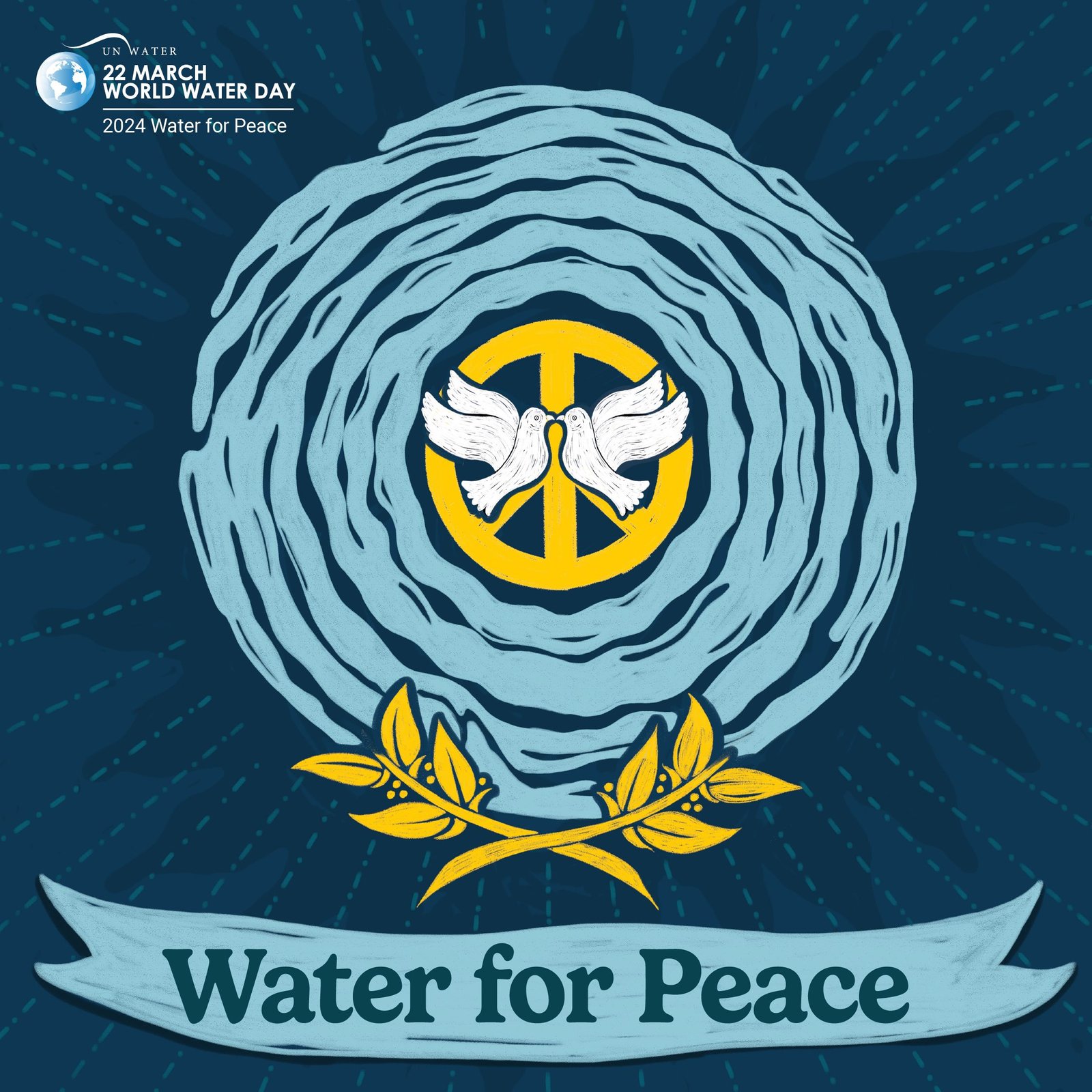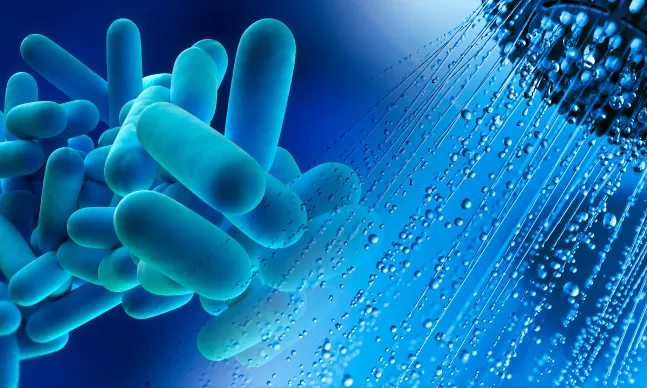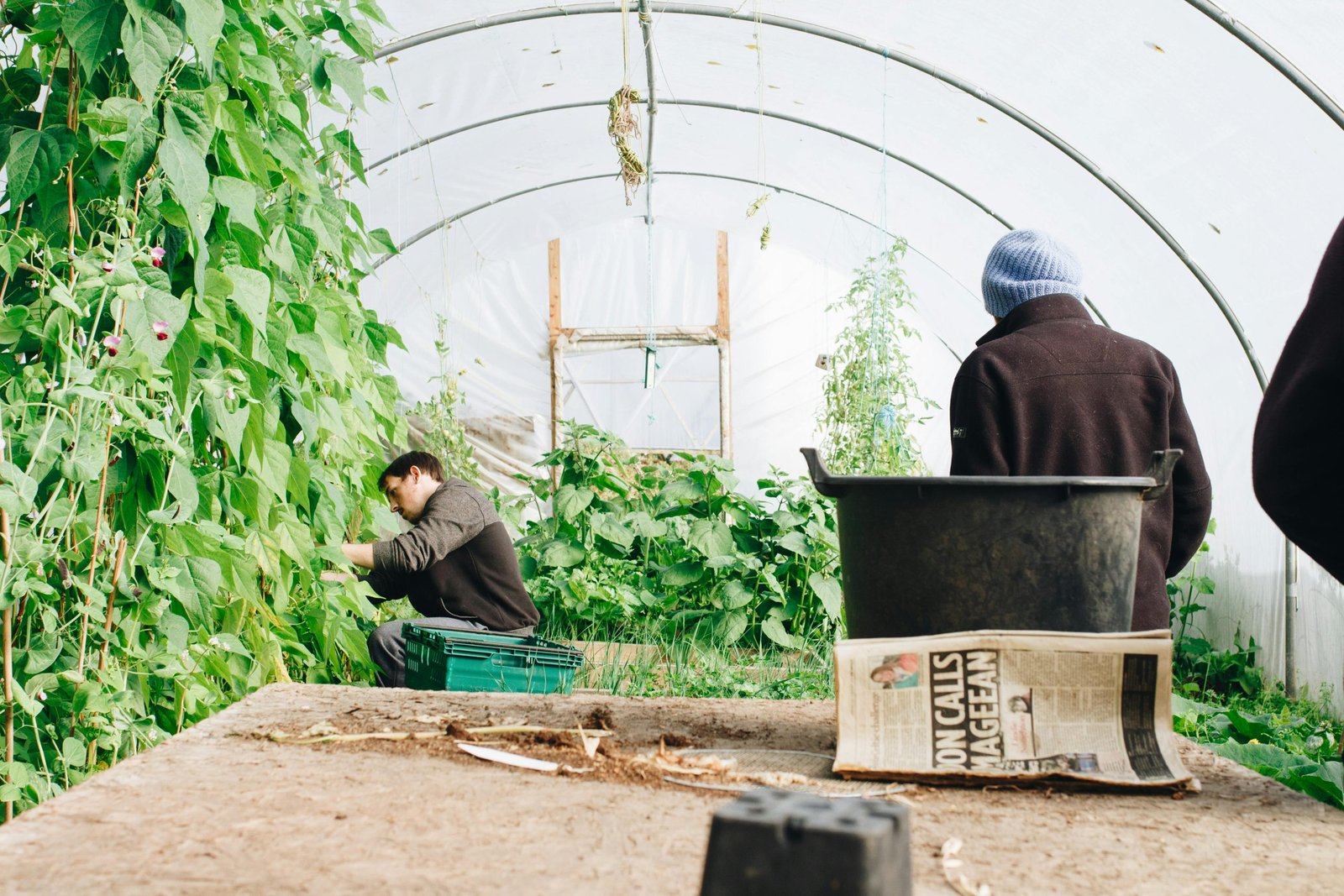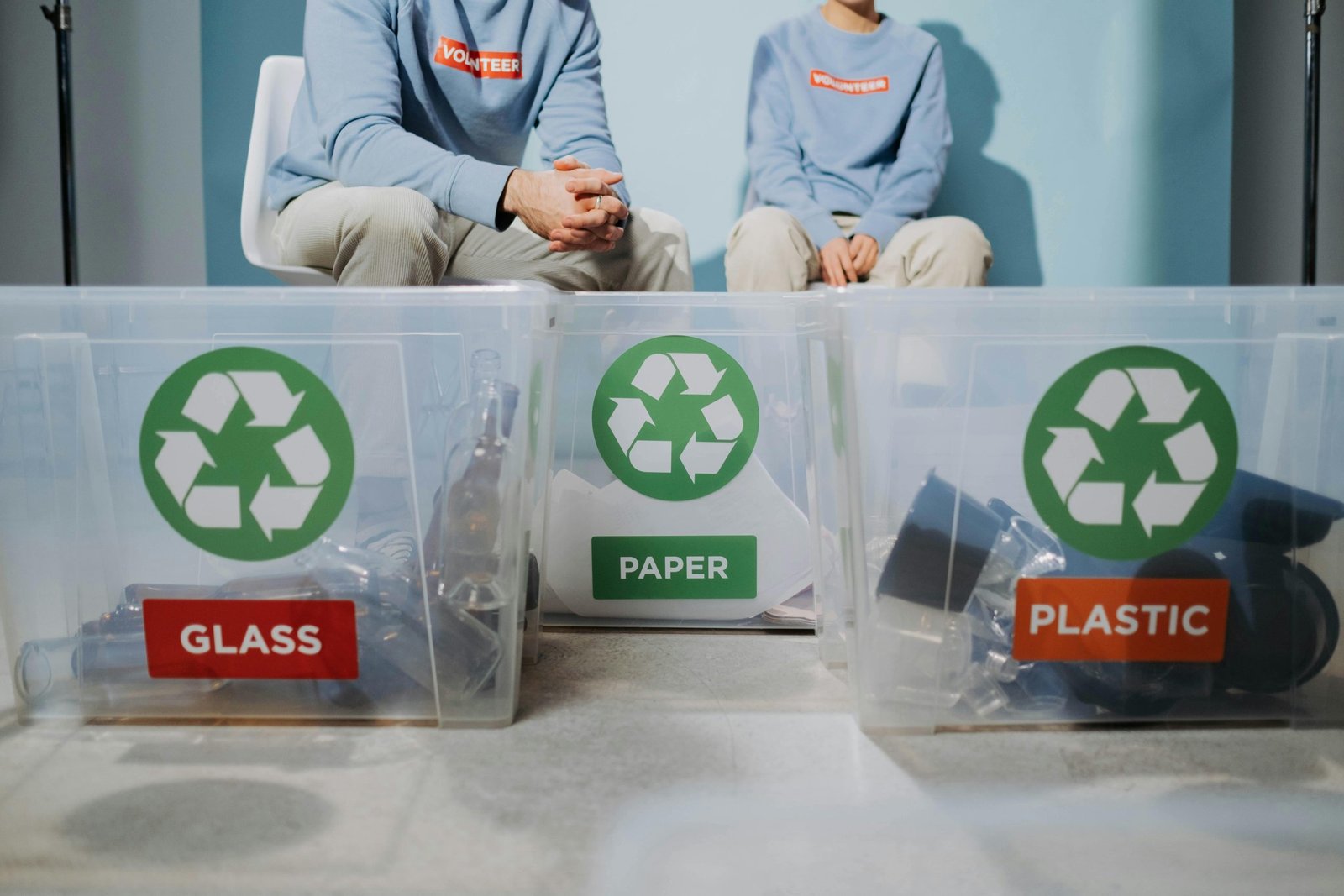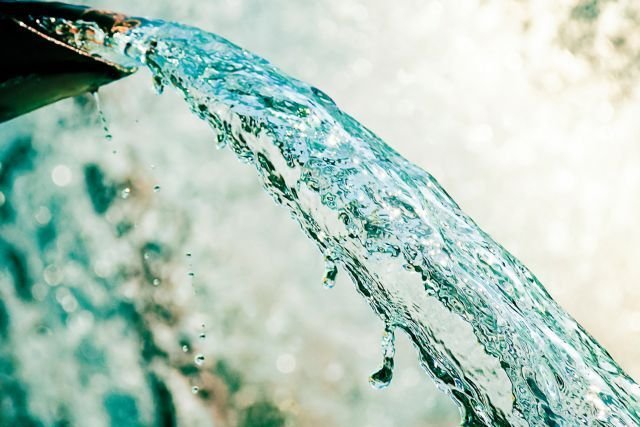World Water Day 2024
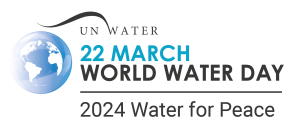
A Shared Responsibility
Every year, on 22 March, the world celebrates World Water Day. This day has been designated by the United Nations to raise awareness and inspire action to address the global water and sanitation crisis. The theme of World Water Day 2024 is “Water for Peace”.
Water can create peace or spark conflict. When water is scarce or contaminated, or when people have unequal or no access, tensions can rise between communities and countries. More than 3 billion people worldwide depend on water that crosses national borders. Yet only 24 countries have cooperation agreements for all their shared water.
Water Scarcity: A Growing Threat
Freshwater is a limited resource and with a growing global population and climate change, water scarcity is a major threat. According to a 2023 report by the World Resources Institute (WRI) [1], approximately 3.6 billion people face water shortages for at least one month a year. This shortage can lead to a number of problems, including:
Food Crisis
Food insecurity, food shortages, food insecurity, food insecurity, food insecurity, food insecurity
Environmental degradation
The importance of cooperation
The theme of World Water Day 2024 highlights the importance of water cooperation in promoting peace and sustainability. A 2020 study [2] explores the concept of “water diplomacy”, which emphasizes cooperation on shared water resources as a strategy for conflict prevention and the peace process. The study highlights successful examples of water cooperation projects around the world.
Beyond National Borders: Transboundary Water Management
The benefits of a common water path go beyond conflict prevention. The International Commission for the Protection of the Danube River (ICPDR) [3] is a successful example of transboundary water management. The Commission works together to monitor water quality, manage pollution and ensure sustainable use of the Danube.
Independent Chemical Laboratories: Protecting Public Health
Laboratories such as the BIOCHEMICAL laboratories, specialising in water analysis, play a critical role in protecting public health and water resources. With a comprehensive range of testing services, they ensure the quality and safety of water for businesses & public services.
Conclusion: A Shared Responsibility
Water is a shared resource and ensuring its availability and quality is a collective responsibility. By promoting water cooperation, investing in sustainable water management practices and using water quality control services, we can work together to create a future where water is a source of peace and prosperity for all.
Sources:
[1] World Resources Institute. (2023, August 30). https://www.wri.org/freshwater
[2] Carius et al. (2020). WATER, CONFLICT, AND COOPERATION, https://www.wilsoncenter.org/sites/default/files/media/documents/article/Carius_Dabelko_Wolf.pdf
[3] International Commission for the Protection of the Danube River (ICPDR). https://www.icpdr.org/
[4] https://www.un.org/en/observances/water-day
[5] https://www.unwater.org/our-work/world-water-day
Translated with www.DeepL.com/Translator (free version)

